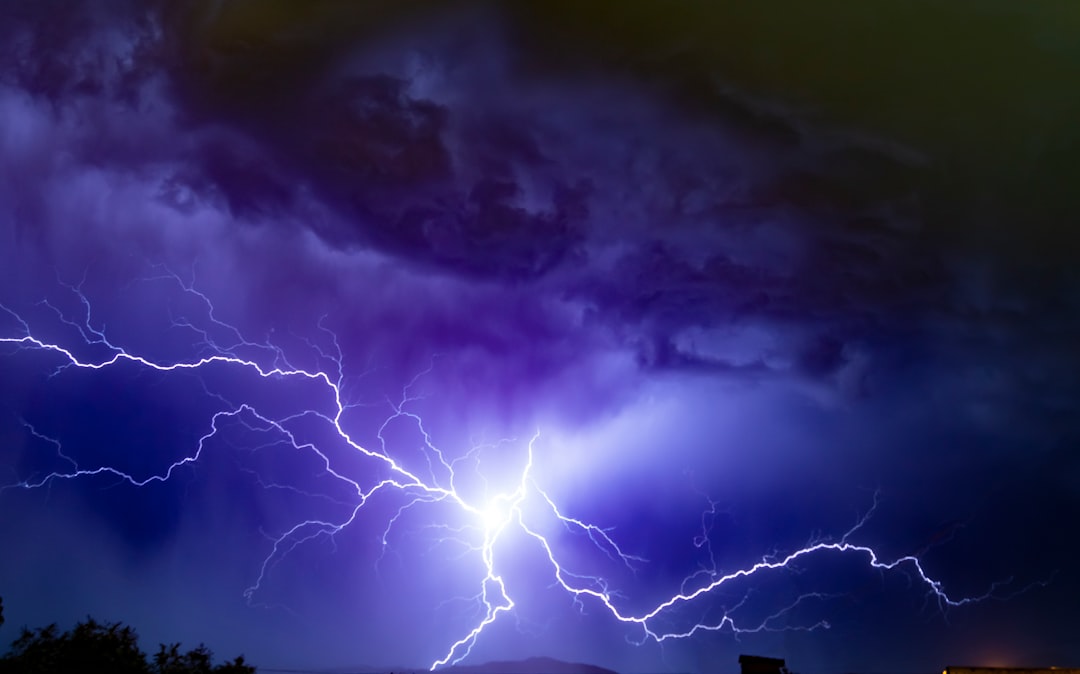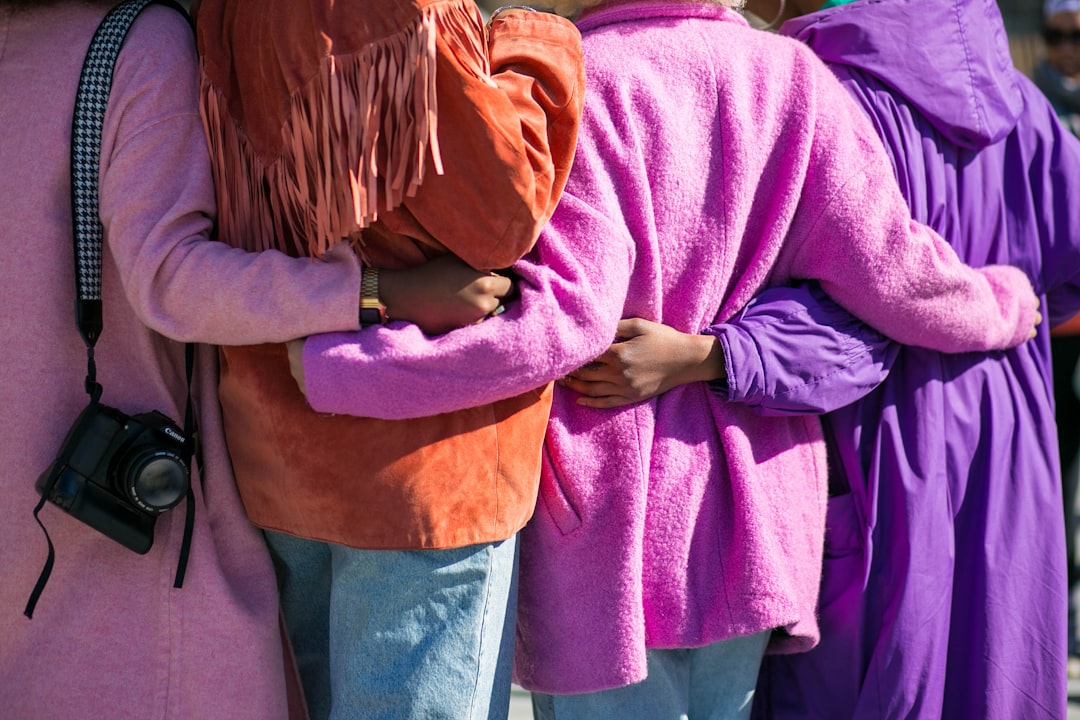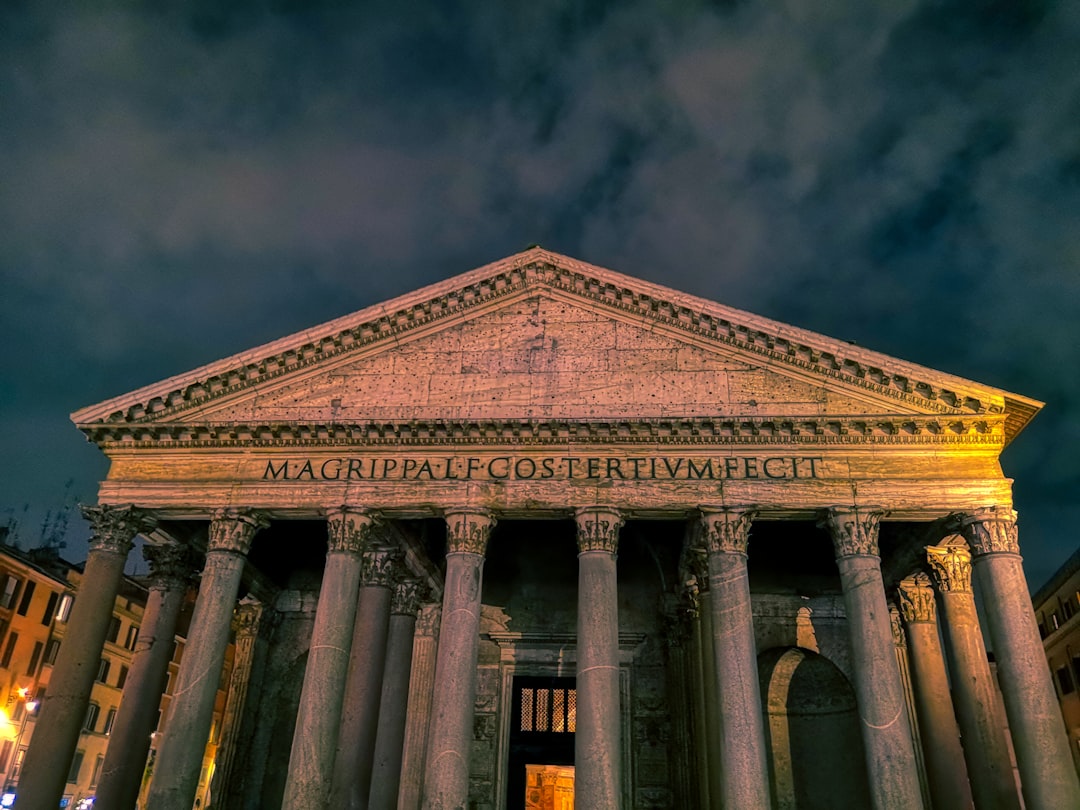There are themes that we will revisit from time to time on The Anxious Morning. One of those themes involves courage and bravery. Today we will take our first look at courage.
The lesson of courage is an important one in recovery. It’s one we learn early on. What is the lesson of courage? What does recovery teach us about being courageous? What do we learn about ourselves and our ability to be brave when the situation requires it?
First, we learn that courage is not defined by the absence of fear. We learn that courage is defined by the actions we take even when afraid. That is where courage shows itself.
Eddie Rickenbacker was the greatest American flying ace in World War I. He spent his time not only flying primitive, inherently dangerous aircraft in the early part of the 20th century, but it did it while being shot at. Repeatedly.
He was by all accounts a very brave man, but he was also afraid. Eddie once said,
“Courage is doing what you are afraid to do. There can be no courage unless you are scared.”
- Eddie Rickenbacker
This is such an important yet misunderstood concept for most. The word “courage” seems to evoke images of steely eyed warriors with ice water in their veins, remaining calm and fearless in the face of certain doom. Steely eyed, maybe. But fearless? Nope. I’m not sure when we started confusing the words courageous and fearless, but clearly we have.
This confusion and the resulting misconception about courage can cause some real problems for an anxious person seeking recovery. Convinced that feeling afraid means having no courage, an anxious person may consistently call themselves weak and will declare that they are simply unable to engage in the process of recovery because they’re not “built that way”.
Every day people will tell me that they are just not as strong or brave as I was in my recovery, but they are wrong. They’re just afraid, and they think that being afraid means they are not strong.
Do you think this about yourself?
Tomorrow we will examine how this misconception surrounding fear and courage gets corrected when we do the work of recovery.
For now, take heart in the idea that being afraid does not mean you are incapable of being brave. Being afraid is merely the first half of being courageous.













Share this post